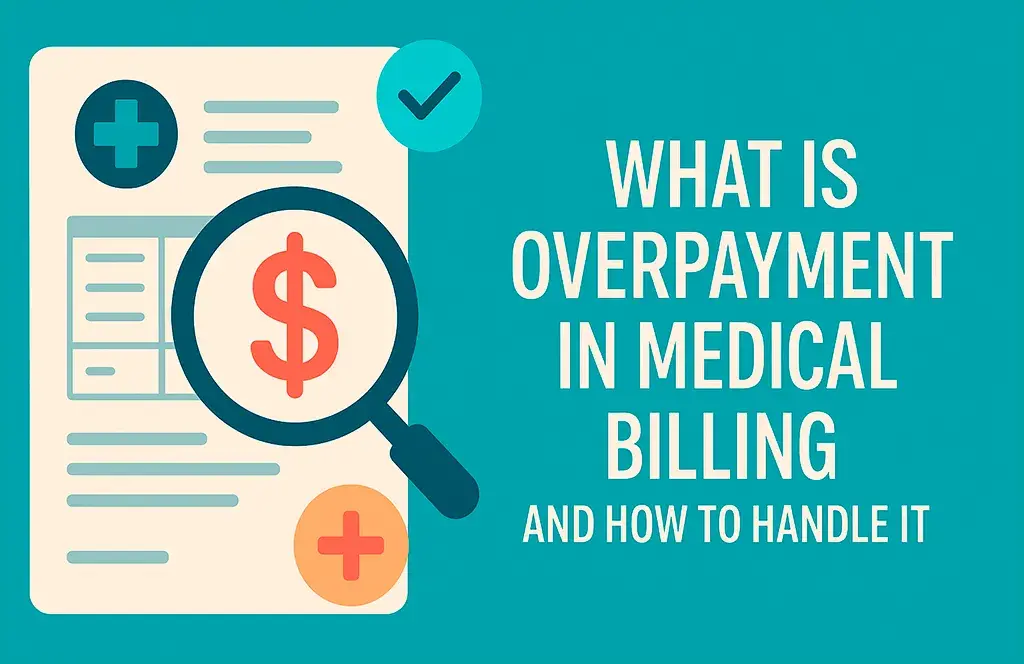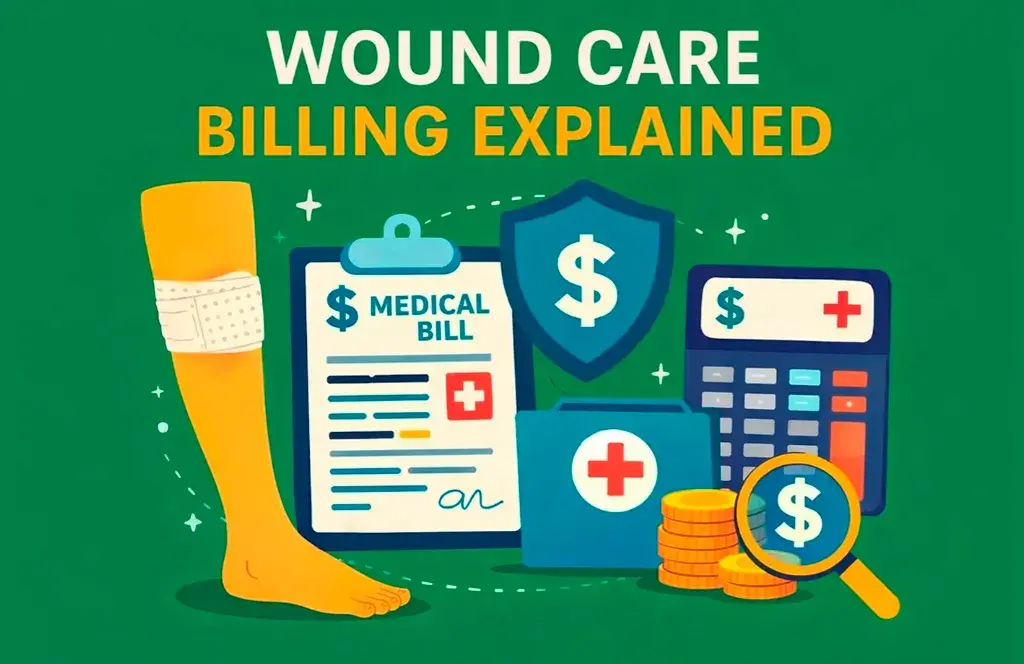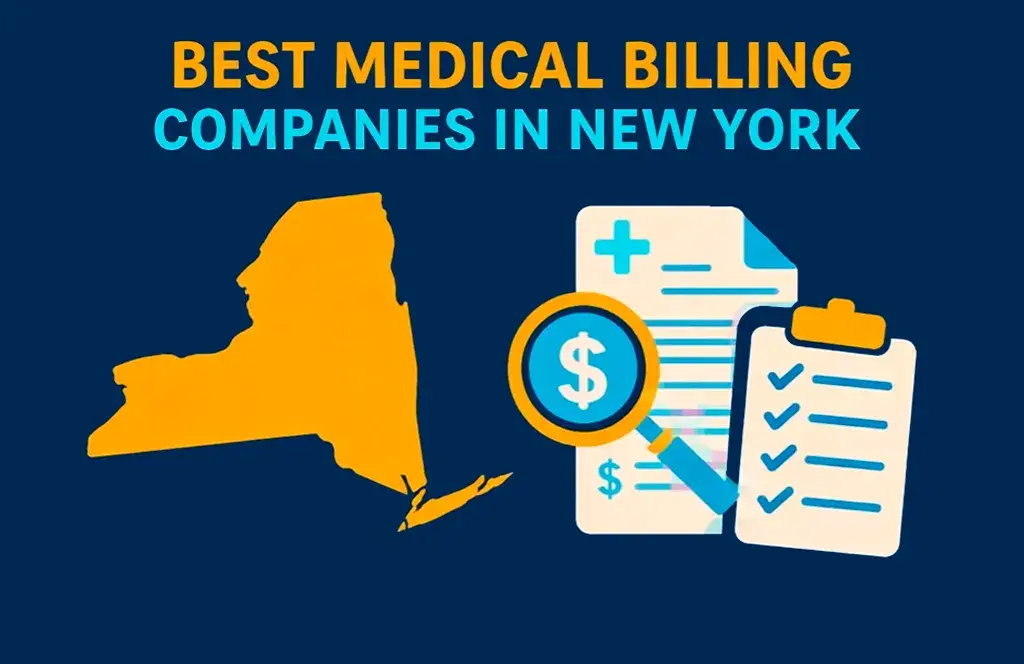Table of Contents
ToggleWhat is an Overpayment in Medical Billing?
An overpayment occurs when a healthcare provider receives more money than they are entitled to for a service or treatment. This excess payment may come from patients, insurance companies, or government programs. Overpayments are classified as debts that must be returned within a specific timeframe to avoid penalties and compliance issues.
Common causes of overpayments include:
- Incorrect or duplicate billing codes
- Insurance coordination of benefits errors
- Miscommunication between providers and payers
- Outdated or misused billing software
- Patients overpaying due to unclear cost estimates or insurance misunderstandings
Regardless of the source, providers are legally required to identify and return overpayments, often within 30–60 days depending on federal or state regulations. Failure to act promptly can result in penalties, fines, and even allegations of fraud.
Why Overpayment Management Matters
Overpayment management is about more than just compliance. Mishandling even a small case of overpayment can cause significant issues:
- Legal risk: Under federal law, providers must return identified overpayments within 60 days. Missing this deadline may trigger fines or investigations.
- Financial strain: Overpayments distort financial reporting and cash flow, creating challenges during audits and budgeting.
- Patient relationships: If patients discover they were overcharged and not promptly refunded, their trust can be damaged.
- Insurance relationships: Insurers may conduct audits, withhold future payments, or impose penalties if providers have a history of unaddressed overpayments.
Taking proactive steps to identify, document, and correct overpayments ensures a smoother billing process and protects both compliance and reputation.
How to Handle Patient Overpayments
Patients may overpay for services due to inaccurate cost estimates, miscommunication regarding coverage, or upfront payments made before insurance adjustments. Addressing these situations quickly is crucial to maintaining trust.
Key steps to address patient overpayments:
- Identify the overpayment
Review billing records, Explanation of Benefits (EOB), and account balances to confirm that an overpayment occurred. - Notify the patient immediately
Communicate clearly, either through a phone call, email, or formal letter, providing a breakdown of charges and explaining the overpayment. - Offer refunds or credits
Providers can either issue a prompt refund or apply the balance as a credit toward future visits. Credits can be convenient for patients who regularly return for care, while refunds demonstrate transparency and fairness. - Document everything
Keep detailed records of all correspondence, refund transactions, and adjustments to ensure compliance and reduce the risk of disputes.
Example timeline: Many states require that refunds be issued within 7–10 business days, particularly if the patient declines the option of a credit.
How to Handle Insurance Overpayments
Insurance overpayments can be more complex than patient overpayments due to payer processes and regulatory obligations. These often occur when claims are incorrectly processed, coded at higher-than-allowed rates, or duplicated.
Steps to manage insurance overpayments:
- Verify the overpayment: Review EOBs, remittance advice, and billing contracts to confirm whether the payment exceeds the contracted rate or if a duplication occurred.
- Contact the payer: Reach out to the insurance provider’s billing department to clarify discrepancies. Open communication helps avoid unnecessary disputes.
- Process the refund promptly: Follow the payer’s refund protocols, which often require submission of forms, supporting documentation, or direct payments. Under the Affordable Care Act, refunds must typically be processed within 60 days.
- Keep comprehensive documentation: Maintain copies of refund requests, correspondence, and proof of repayment for audit readiness.
| Insurance overpayment handling | Action required |
|---|---|
| Duplicate payment detected | Verify against remittance advice, return excess immediately |
| Incorrect coding led to overpayment | Correct claim, resubmit, and refund difference |
| Misapplied coordination of benefits | Contact payer, verify coverage order, adjust accordingly |
How to Prevent Overpayments: 5 Best Practices
Prevention is always better than correction. Establishing systems and processes to minimize overpayments saves administrative effort and reduces compliance risks.
- Invest in updated billing software: Modern systems can automatically detect duplicate claims, flag errors, and ensure accurate coding.
- Use current coding standards: Regularly update CPT, ICD, and HCPCS code references to avoid errors caused by outdated codes.
- Provide ongoing staff training: Ensure billing staff stay current with industry best practices, payer guidelines, and software updates.
- Verify patient coverage at intake: Confirm insurance eligibility and benefits before services are rendered to prevent miscalculations.
- Outsource billing if needed: Partnering with experienced billing professionals adds expertise that reduces error rates and improves compliance.
Tip: Regular internal audits of billing processes can identify potential issues before they escalate into costly overpayment cases.
Improve Your Practice’s Revenue with Expert Billing Services
Boost your collections, reduce A/R, and accelerate cash flow with Swift Medical Billing.
At Swift Medical Billing, we specialize in delivering Revenue Cycle Management (RCM) solutions tailored to your practice’s needs. With a proven track record of over 90% collection ratios and a 15-20% increase in revenue, our team ensures a 30% reduction in A/R and quick turnaround times (7–14 days) for clean claims.
Our expertise spans over 40 medical specialties, including family practice, dermatology, mental health, and others, ensuring you receive personalized, knowledgeable support.
What sets us apart:
-
Partnerships with MGMA & HBMA
-
4.9/5 rating, with 120+ positive reviews
-
Fast claim processing and expert credentialing
-
Significant improvements in financial health and practice efficiency
Ready to optimize your billing and boost your revenue? Schedule your free billing audit now!
Building a Proactive Approach to Overpayments
Overpayments in medical billing are inevitable, but how they are managed defines a practice’s financial health and compliance standing. Providers who address overpayments promptly, maintain meticulous documentation, and implement preventive measures can safeguard revenue while maintaining strong relationships with patients and insurers.
By investing in technology, training, and process optimization, healthcare organizations can transform overpayment challenges into opportunities for improved efficiency and patient trust. A proactive approach ensures that compliance requirements are met while protecting the integrity of the practice’s financial operations.




